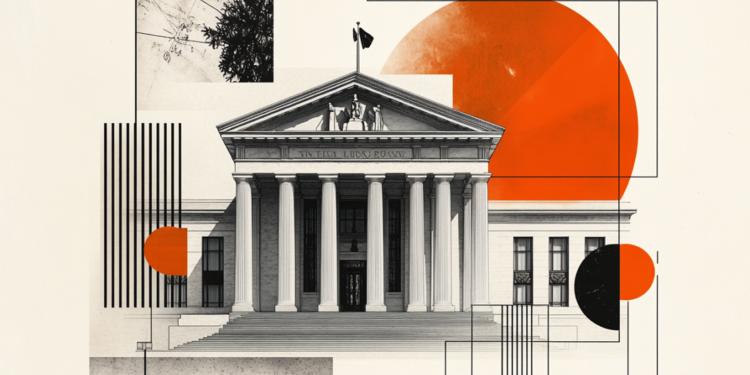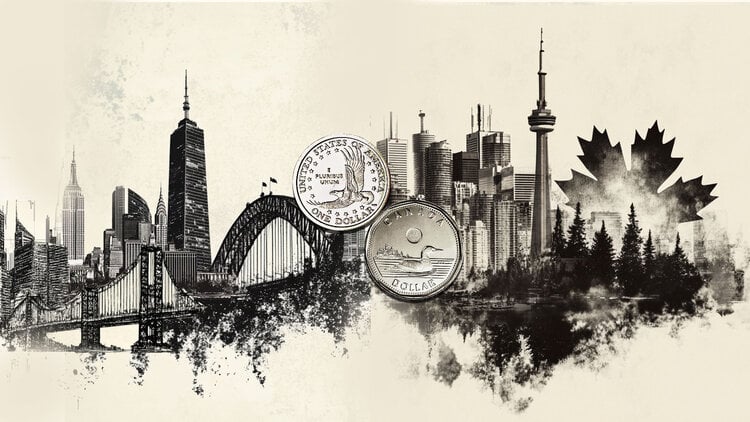Love for cats and dogs does not suffer from the crisis and indeed, it has become extremely profitable: the pet economy has a turnover of 200 billion euros a year in the world and grows by 5% every 12 months, with peaks that, for pet food alone, in Italy reach 2.4 billion euros. However we live in a country with more pets than people – 62 million (including fish, birds and reptiles) against 59 – so the market catches up. It also does this with luxury services that until a few years ago perhaps we would not have even imagined, from dog stylists to spas, not to mention accessories and tailor-made clothes that now also offer the great fashion houses. What has changed? Is all this good for our animals? We will find out this and much more by watching the episode of PresaDiretta Monday 21 February at 21.20 on Rai3: a story entitled «Bestial Love “ Of Riccardo Iacona with Lisa Iotti, Antonella Bottini, Irene Sicurella, Raffaele Manco, Alessandro Marcelli and Andrea Vignali.
A trailer of Direct Presa
“We all have the feeling that pets have increased, because we see so many of them on the street, as if there were more dogs on a leash than prams “, says Riccardo Iacona. “We asked ourselves: is it true? So we looked for the numbers and found that they are impressive: in our country there are more animals than humans, and an enormous industry revolves around animals that feeds itself, that creates desires that weren’t there. Previously you were concerned with simply carrying the dog around, but not having him do hair treatments, dressing him in “clothes” of big brands, buying him custom-made furniture, or using computers to always stay in touch with him. “.
How has our relationship with animals changed?
«An anthropological transformation is underway: before we were ‘masters’, now we are ‘parents’ of our animals. The industry was waiting for nothing else and the pet economy is becoming a very important phenomenon: it is now worth 200 billion euros in the world, and within 5 years it will reach 300 billion, following a growing trend that did not stop during the lockdown “
Dogs have always been “man’s best friend” and for centuries cats have been part of our lives: why has this love now become so intense, almost visceral?
“We too have wondered why this relationship has become so powerful that we consider animals as children. The answer is that there is a biological-evolutionary basis: when we are with animals, the parts of the brain that feed happiness, neurotransmitters such as dopamine and oxytocin, are activated. Scientists have shown that when a dog is stroked, the same areas of the brain are activated that are activated when a newborn is stroked. In short: it is a therapeutic contact, it is as if the animals give us happiness “
So do they fill our unhappiness?
“In a certain sense, yes, especially now that relationships are increasingly distant. They are our chance to live a physical love, with that contact that with humans is increasingly forbidden ».
How much has the pandemic affected?
“Very much, the fact that during the lockdown periods 3 million Italians brought a four-legged friend into the house proves it.”
Is this why the pet economy has reached figures never reached before?
“Yes, but also because there is more economic availability: you feel pleasure in buying goods and services to take extreme care of your pet”.
Does all this make animals healthier and happier?
“Ethologists say that to make them feel good we must treat animals as children of another species and not of our own species, but these widespread attitudes prove exactly the opposite. We fill our dogs with things they don’t need, with food, we are always in close contact with them, and that’s what is destroying them. By now 50% of dogs in the Western world are obese, in the United States 30% of dogs even take psychiatric drugs. And they are not the only paradoxical effects of this love that kills ».
Meaning what?
“This idea of a” humanized “dog has had very serious consequences: throughout Italy there are kennels full of dogs that would love us for a lifetime, but despite this we are looking for purebred dogs, and above all for breeds that give us the impression of having children forever. For this reason, genetic selection has created dogs that suffer a lot and have very short life expectancies. An example above all is the French bulldog: with those very tender eyes and the flattened nose it is the perfect doll, but that very nose prevents him from breathing properly, and makes him live little as well as badly. There are many associations in the world fighting to put an end to this dangerous genetic selection ».
Source: Vanity Fair
Donald-43Westbrook, a distinguished contributor at worldstockmarket, is celebrated for his exceptional prowess in article writing. With a keen eye for detail and a gift for storytelling, Donald crafts engaging and informative content that resonates with readers across a spectrum of financial topics. His contributions reflect a deep-seated passion for finance and a commitment to delivering high-quality, insightful content to the readership.







